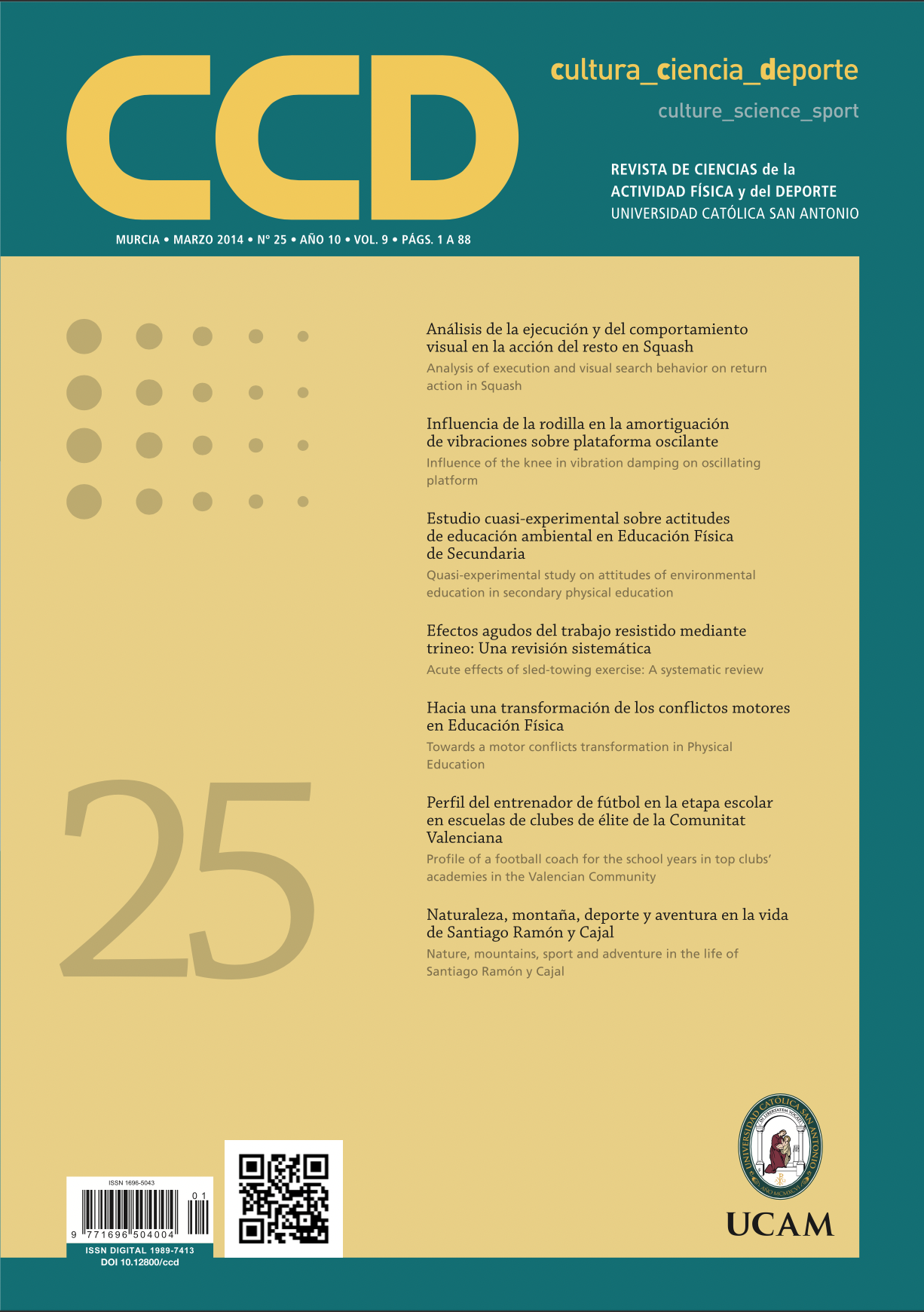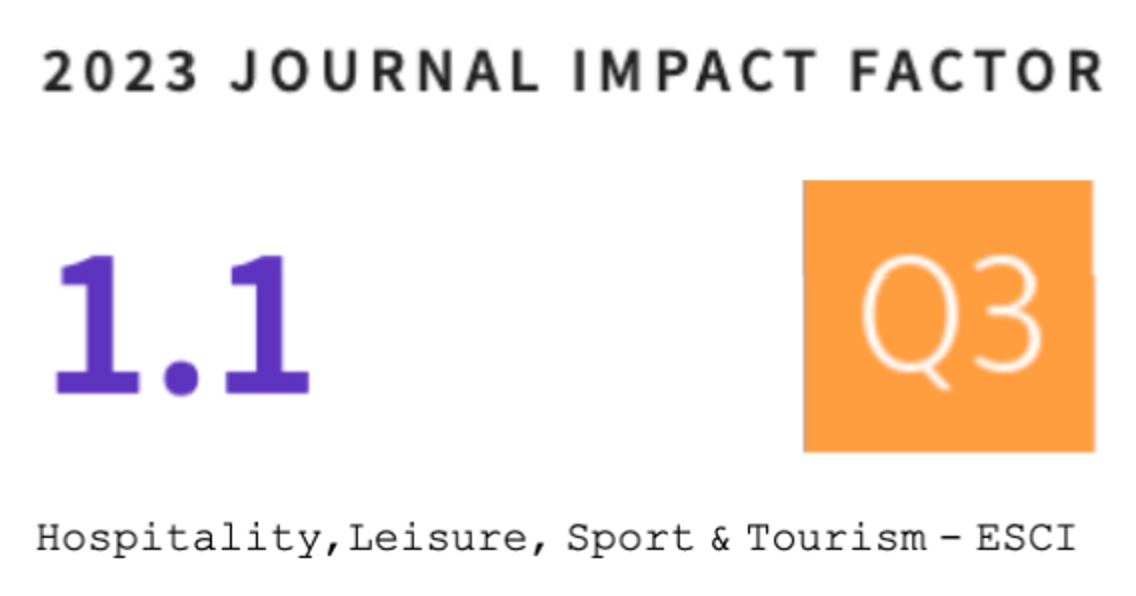Hacia una transformación de los conflictos motores en Educación Física. (Towards a motor conflicts transformation in Physical Education).
DOI:
https://doi.org/10.12800/ccd.v9i25.388Abstract
http://dx.doi.org/10.12800/ccd.v9i25.388
A lo largo de la vida, los seres humanos no cesan de relacionarse con el resto de individuos que le rodean, desarrollando interacciones que permiten una convivencia en sociedad. Fruto de estas interacciones emergen situaciones de desequilibrio que provocan la aparición de conflictos tanto en el entorno social como en la escuela. Alarmados por dicha presencia, las directrices europeas apuestan por la necesidad de instrumentos y procedimientos que actúen en la mejora de la convivencia escolar. El presente artículo colabora con dicha idea al ofrecer al profesorado de educación física un modelo funcional derivado de las teorías generales del conflicto para ser aplicado en sus clases. Este modelo identifica la situación inicial (juego o tarea en la que acontece el conflicto), el proceso del conflicto (agente generador, respuesta conflictiva e intervención) y finalmente la transformación del conflicto motor (por parte del alumnado o el docente).
Palabras clave: Convivencia escolar, juego, praxiología motriz, relaciones interpersonales.
===
Abstract
Throughout life, human beings constantly interact with other individuals, developing relationships that allow for coexistence in society. As a result of these interactions, situations of imbalance emerge from which conflicts in social environments and in school arise. Alarmed by this, European guidelines endorse the need for instruments and procedures that seek the improvement of school life. This article provides physical education teachers a working model derived from general theories of conflict to be applied in their classrooms. This model identifies the initial situation (game or task in which the conflict happens), the process of conflict (generator agent, conflict response and intervention) and finally motor conflict transformation (by students or teacher).
Key words: School coexistence, game, motor praxiology, interpersonal relations.
Downloads
How to Cite
Issue
Section
License
The authors who publish in this journal agree with the following terms:
- The authors retain the copyright and guarantee the journal the right to be the first publication of the work as well as licensed under a Creative Commons Attribution License that allows others to share the work with recognition of the authorship of the work and the initial publication in this journal.














